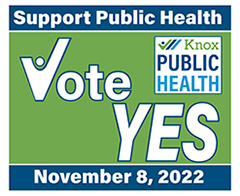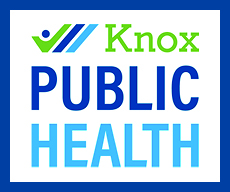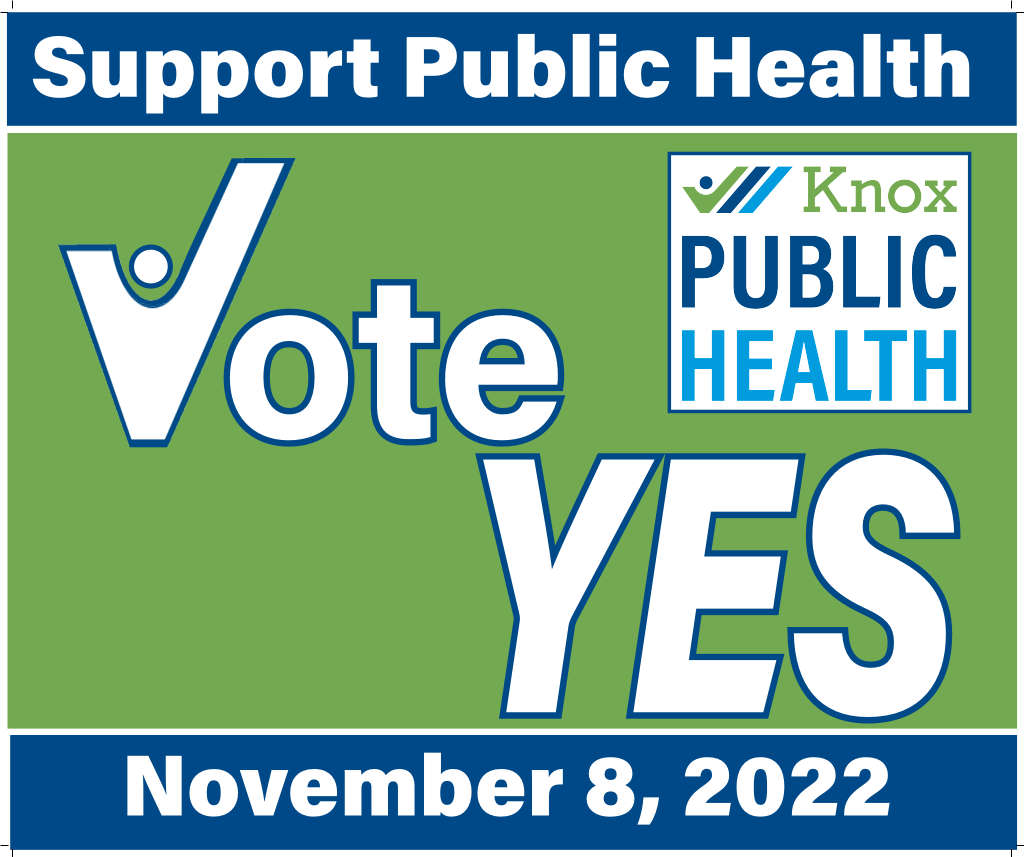The levy is an important part of the agency’s funding, accounting for nearly 20 percent of the public health budget and helping to fund a variety of essential services and valuable programming. Many levy-funded services are required by the government, but not funded by the state or federal government; or are programs determined by community need or community input.
The services and programs that levy dollars help to fund are numerous and multifaceted, including:
- Immunizations for children and adults
- Health services such as community flu clinics and on-site school clinics
- Investigation and control of communicable disease such as TB, Chlamydia, Hepatitis, Pertussis and Lyme disease.
- Mosquito surveillance and control;
- Public health nuisance abatement;
- School facility inspections;
- Investigation of animal bites and rabies prevention;
- Maintaining birth and death records;
- Health education including student programs on hygiene, puberty and handwashing;
- Community education on health issues, i.e. Lyme disease, high blood pressure, diabetes; good nutrition and exercise
- Radon awareness and prevention
- Tobacco cessation
- Newborn home visiting
- Safe sleep program for infants
- Child car seat distribution, installation and education
Levy dollars are also used to help fund mandated environmental health programs, such as inspections for food service operations, campgrounds, public pools, beaches, septic systems and water wells, The agency is restricted by state government on how much can be charged for fees which means local tax dollars pick up the uncovered costs for these mandated services
What the Levy DOES NOT fund
Levy funding is NOT USED for: Operation of the Community Health Center which is part of Knox Public Health or to Purchase Property.
A big area of growth during the past five years has been with the Community Health Center which opened offices in Danville in 2019 and acquired the Moore Family Practice and The Walk-In Clinic in 2021. All of the Community Health Center locations are fully funded through federal grants and Moore Family Practice and The Walk-In Clinic were purchased using funding from the American Rescue Plan Act (ARPA). While the Knox Public Heath staff work side-by-side with the Health Center staff to address health inequities, it is important that people understand that the Health Center has separate funding. It does not use local tax dollars.
With the growth in Health Center staff as well as staffing for public health programs and services, there is a shortage of office space at the main facility on Upper Gilchrist Road which the health department moved into in 2001. While it’s no secret the agency is actively looking for a new home, the requested increase in levy funding is strictly for programs and services and cannot be used to purchase or build a new facility.
Progress Since Passage of the Last Levy
- Since passage of the last levy in 2017, Knox Public Health achieved national accreditation, at the time an achievement only attained by a handful of health departments in Ohio.
- Working with other community partners, the agency also conducted two Community Health Assessments and implemented two Community Improvement Plans. The latest plan includes steps to improve transportation to health care locations, address behavioral health issues and increase awareness of available resources.
- Other accomplishments during the past five years include development of an ongoing quality improvement program and expansion of communication efforts such as an increased social media presence, online newsletter; outside digital sign and agency rebranding that included a new name, logo, and tagline.
- Knox Public Health also became a drop site for the OhioHealth Mothers’ Milk Bank to collect human milk for medically-fragile infants.
- Most recently, Knox Public Health has been a leader in COVID-19 prevention, conducting testing clinics, administering over 23,000 doses of vaccine and documenting over 12,000 cases.


